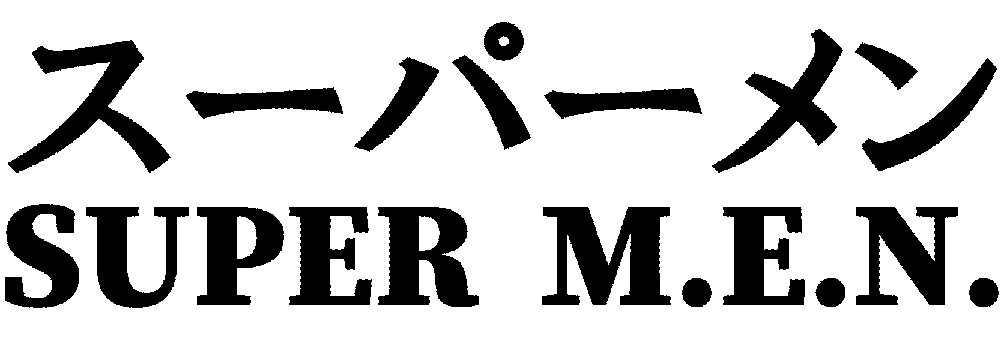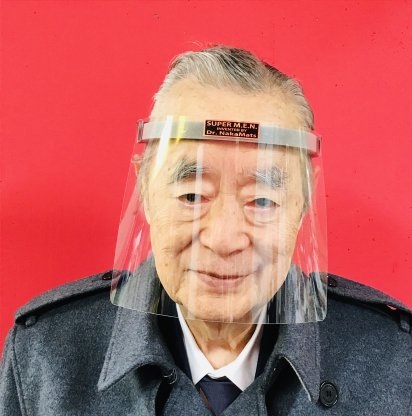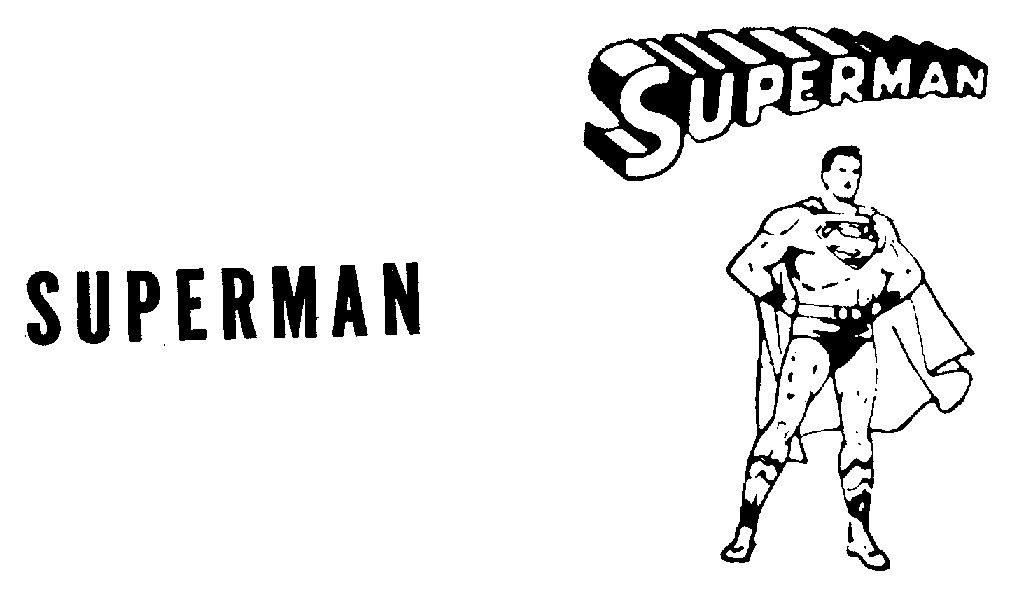The Japan Patent Office (JPO) dismissed an opposition filed by Warner Bros against Japanese trademark registration no. 6452448 for the TWETYBIRD mark with a device by finding dissimilarity to and less likelihood of confusion with “Tweety”, a yellow canary bird, featured in the Warner Bros Looney Tunes animated cartoons.
[Opposition case no. 2021-900459, Decision date: October 26, 2022]Japan TM Reg no. 6452448
The opposed mark, consisting of the word “TWETYBIRD” and an encircled “B” device (see below), was filed by a Chinese company for use on various goods in classes 3,9,14,18,25, and advertising and other services in class 35 on December 16, 2020.
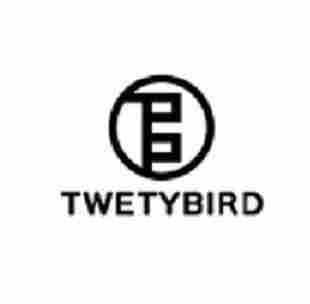
The JPO granted protection on August 25, 2021, and the mark was published for opposition on October 26, 2021.
Opposition by Warner Bros
On December 27, 2021, before the lapse of a two-month opposition period, Warner Brothers Entertainment Incorporated filed an opposition with the JPO, and argued the opposed mark shall be canceled in contravention of Article 4(1)(vii), (xi), (xv) and (xix) of the Japan Trademark Law by citing earlier trademark registrations for the mark “Tweety”, a yellow canary bird (see below) featured in the Looney Tunes animated cartoons.
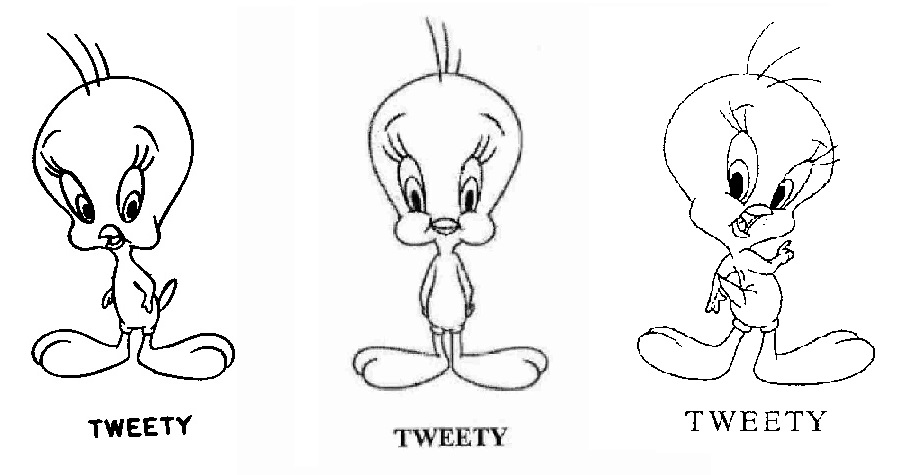
Warner Bros alleged that the cited marks have been remarkably famous for the title of the animated cartoons or the name of the cartoon character produced by Warner Bros. In view of the close resemblance between the famous mark “Tweety” and a literal element “Twety” of the opposed mark, it shall be considered the opposed mark is similar to and likely to cause confusion with the opposed mark when used on the goods and service in question.
JPO decision
The JPO Opposition Board admitted a certain degree of reputation and popularity of the cited marks to indicate a cartoon character. However, the Board questioned such popularity as a source indicator of Warner Bros from the totality of the circumstances and the produced evidence.
Besides, the Board found the literal element “TWETYBIRD” of the opposed mark shall be assessed in its entirety from the visual configuration. If so, the opposed mark would not give rise to a similar sound and meaning to “Tweety”. Therefore, the Board has a reason to believe that relevant consumers are unlikely to confuse a source of the goods and services in question bearing the opposed mark with Warner Bros due to a low degree of similarity between marks and reputation of the cited marks as a source indicator of Warner Bros.
In the decision, the Board mentioned it is doubtful if relevant consumers acquaint themselves with “Tweety Bird” as the full name of “Tweety”. If so, there is no reasonable ground to find the opposed mark violates morality or public order.
Based on the foregoing, the Board found the opposed mark shall not be canceled in contravention of Article 4(1)(vii), (xi), (xv), and (xix) and dismissed the opposition entirely.

